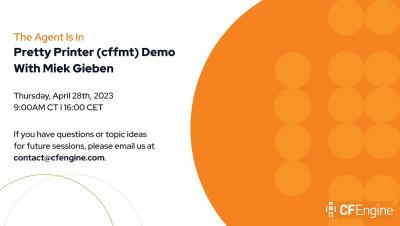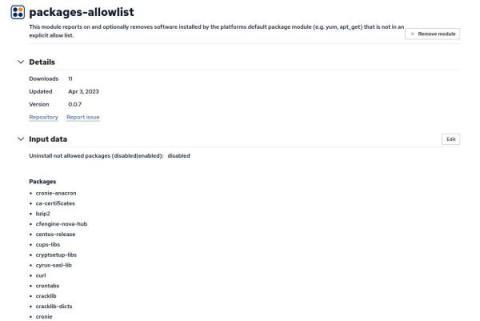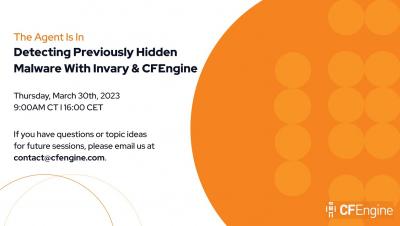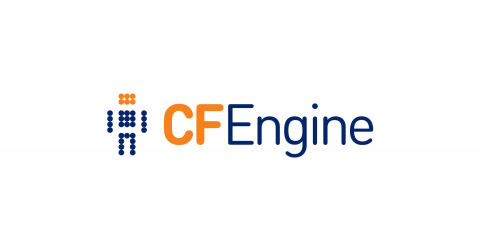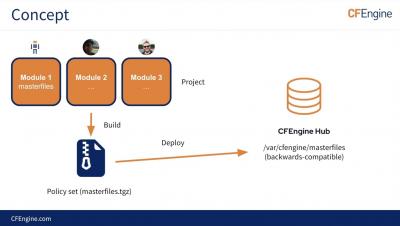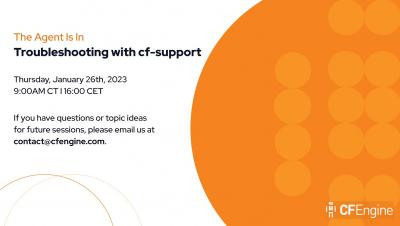Operations | Monitoring | ITSM | DevOps | Cloud
CFEngine
Improved software compliance with packages-allowlist
Having a list of software that is allowed to be installed on a host is a strategy to prevent and fix security gaps and maintain compliance with operational guidelines. This zero-trust methodology ensures that only explicitly permitted applications are allowed to be present on a host unlike package block-listing which enumerates an explicit list of software that is not allowed to be present. In fact, with a software allow-list, you are essentially block-listing everything except the software you allow.
CFEngine: The agent is in 23 - Detecting previously hidden malware with Invary & CFEngine
How to properly check if files are readable
Opening and reading files may cause your program to block indefinitely, which is a major problem for configuration management tools like CFEngine. What if we make a program that can check if these file operations would block indefinitely, before using them? Unfortunately our good friend Alan Turing proved that such programs are not theoretically possible.
Introduction to CFEngine Build - Lars Erik Wik & Ole Herman S. Elgesem (CfgMgmtCamp 2023)
For slides and more information, see our blog post:
https://cfengine.com/blog/2023/cfgmgmtcamp/
CFEngine: The agent is in 22 - Hackathon: Termux services on Android
Sneak peek: Groups in Mission Portal
Using CFEngine there are many ways to group and classify your hosts. In order to group their hosts, our users use a combination of JSON files, CFEngine policy language (with variables, classes, and class expressions), host specific data and host filters in Mission Portal. With these features you can choose which hosts to show in reports, and you can make decisions on what changes to make on which hosts.
CFEngine: The agent is in 21 - Troubleshooting with cf-support
Guest blog post: Don't use your distro's package manager
I have stopped using my Linux distro’s package manager, and you should, too. Maybe I should clarify that. I don’t install software with my distro’s package manager any more. I still upgrade my system. I became influenced by a few different factors. Top among these is something required in certain industries called a change advisory board or committee.


